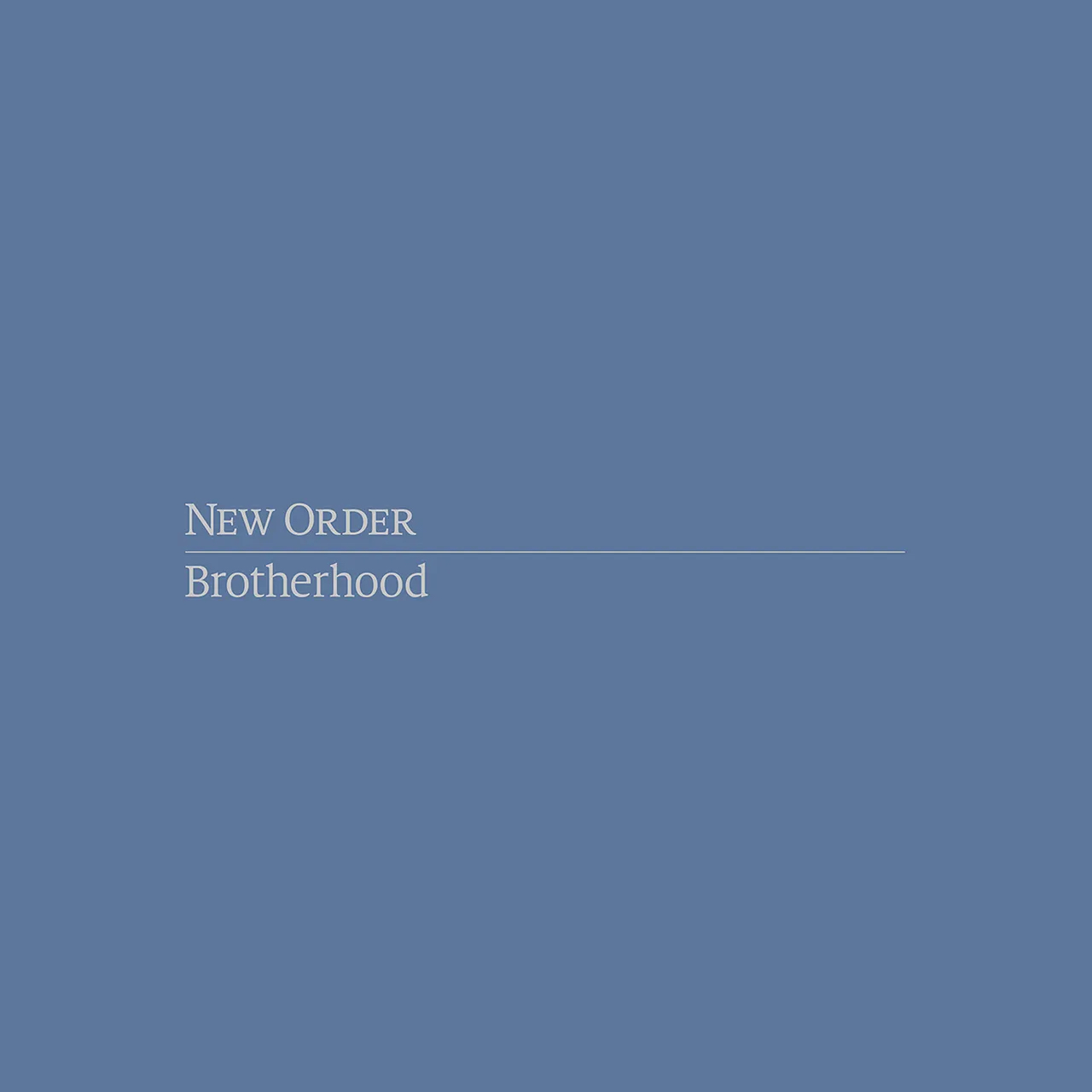New Order
Brotherhood [Definitive Edition]
QWEST/WARNER/RHINO
Nestled between post-new-wave classics Low-Life and Substance, 1986’s Brotherhood has long been New Order’s bastard album: a schizophrenic, cut-and-dried, synth-then-guitar study of the outfit’s icy brand of compu-disco on one side of its vinyl original, with the other side tied to their beyond-punk origin story as Joy Division. Dividing one vibe from the other is thankless work for any band, let alone one who’d just ruled Rock America–approved club dancefloors with “The Perfect Kiss” and would do so again—to a greater degree—with Brotherhood’s central-nervous-system-rattling “Bizarre Love Triangle.”
Brotherhood’s Definitive Edition, like their other recent Rhino re-releases and their Transmissions podcast (now in its second season), seeks to bring more (or at least proper) order to New Order by taking what didn’t work about the album’s creation and filling in the blanks with a flesh-and-blood feel of previously unreleased, era-appropriate live recordings from the Brixton Academy and Manchester’s G-Mex, the Rapido in Paris, and a show I recall (barely—not the band’s fault, though) at Pier 84 in New York City circa 1987 (I think). For an extra special nudge to the dancefloor, a wealth of remixes—including “Blue Monday” 1988 (Michael Johnson 12" Remix)—makes Brotherhood bounce and sway as a whole.
Not to say that the original version was muddy or mucky, but this 2024 remaster brings the crackling groove of the album’s “rock” tracks to the forefront with Peter Hook’s deep, entrancing bass lines heightened on sexy, upbeat cuts such as “Paradise” and “Broken Promise,” while vocalist, guitarist, and lyricist Bernard Sumner comes across more vehemently during “Weirdo” and ruminatively on “As It Is When It Was.” On the other side of the ledger (literally), the pulsating “Angel Dust” and its Middle Eastern feel is heavier and huskier, not so much rockier as it is denser. As for the pastoral synthetics and breezy pop of “All Day Long” and “Every Little Counts,” they’re pleasant reminders of what New Order’s influence was to younger new wave artists without actually having the caustic bite of Sumner at his best.







